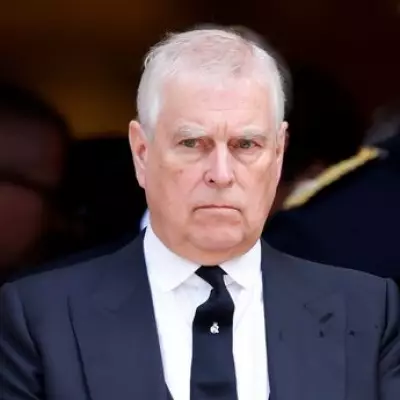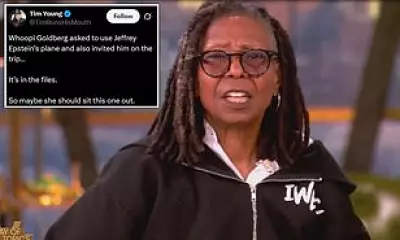
After years of relentless cancel culture, Hollywood appears to have reached a breaking point. The familiar cycle of outrage, public shaming and carefully crafted apologies is being replaced by something unexpected: strategic silence.
The End of Automatic Apologies
Recent incidents involving high-profile celebrities demonstrate a significant shift in how public figures handle controversy. When Kristen Bell posted an anniversary tribute to her husband Dax Shepard last month featuring an inside joke about men murdering their wives, she found herself facing accusations of insensitivity during Domestic Violence Awareness Month.
Rather than following the traditional playbook of deleting the post or issuing an immediate apology, Bell maintained complete silence. Within days, the social media storm subsided, replaced by the next trending topic. Communications veteran Sarah Ekenberg told The Daily Mail: "Kristen Bell didn't owe the public an emotional reckoning because her 'offense' was more about audience projection than actual harm."
Taylor Swift's Quiet Defiance
Even Taylor Swift, whose predominantly liberal female fanbase has recently expressed concern about her associations with figures linked to Donald Trump, has adopted this new approach. Instead of addressing criticism directly, Swift turned to her music, addressing the controversy through lyrics in her track CANCELLED!.
The song includes pointed lines such as "Good thing I like my friends cancelled / I like 'em cloaked in Gucci and in scandal" and "Everyone's got bodies in the attic / Or took somebody's man." Grayce McCormick, founder of Lightfinder PR, describes Swift's approach as "strategic sovereignty", noting that "when your fan base is loyal enough, silence doesn't cost you - it can reinforce your control."
Why Silence Works in Modern PR
Public relations experts identify several factors driving this cultural shift. Karla Cobreiro, a PR executive with over a decade of experience, explains: "Responding to issues or backlash from your platform often lends them the very validity and attention critics are seeking. Not responding can actually minimize the problem."
The shortened attention span of modern outrage cycles plays a crucial role. Cobreiro points to Travis Scott's experience following the Astroworld tragedy, noting that while his career initially suffered significant setbacks, he's now embarked on a world tour as public memory faded.
Baruch Labunski of Rank Secure adds that silence avoids the trap of insincere apologies: "When public contrition isn't genuine, audiences 'rate' the apology as fake - which creates a second crisis. Silence avoids that trap."
The Limits of Strategic Silence
However, experts unanimously agree that this approach has clear boundaries. Labunski cautions: "Stars like Kristen Bell or Sydney Sweeney work with a silence PR strategy because the perceived issues had no ethical dimension. Silence will not work, however, when the issue is one of integrity, ethics, or social responsibility."
McCormick emphasizes that moral clarity remains essential: "Fans may no longer demand an apology, but they expect awareness. Accountability hasn't vanished - it's just being expressed differently." She cites Sydney Sweeney's backlash over her American Eagle campaign and family political photos as examples where silence could be perceived as defensiveness rather than strength.
The emergence of this new strategy reflects broader cultural exhaustion with performative apologies and the transactional nature of online outrage. As McCormick concludes: "After years of cancel culture, there's now rebellion fatigue. The future of apology culture lies in transparency and timing, not theatrics." In 2025, silence has become Hollywood's most powerful statement - not because stars have stopped caring, but because audiences have stopped listening to empty apologies.





